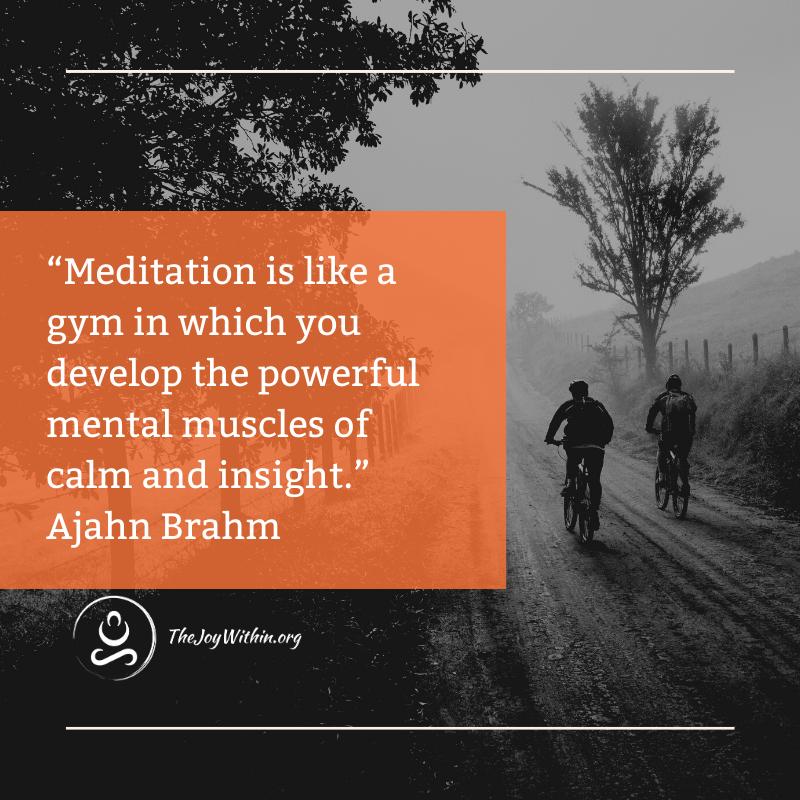Meditation is an action of simplicity and surprisingly it can profoundly impact complex facets of our life. Our mental health and mindsets are the first aspects to be impacted by meditation. It even has the ability to help us overcome OCD, obsessive-compulsive disorder. Click here to find more health benefits of meditation.
Understanding OCD
OCD is a complex disorder categorized by reoccurring and debilitating persistent urges. These can range from unwanted or intrusive thoughts, ideas, or images. The cycles of the impulses cause the person a great amount of anxiety which commonly they find they gain temporary relief by performing the action or task.
To give an example is when someone may have obsessive thoughts about dirty or germs. Their minds may be constantly circulating around feeling contaminated. Then, through washing their hands or cleaning themselves as the compulsive action it will calm their anxiety.
OCD is can come from when our minds are hyperfocused on a specific task or thoughts that distract us from the thoughts that we want to push away. The mind uses uncomfortability as a trigger to then escape it through another point of focus.

Meditation and OCD
Through meditation, we practice taking back control of the mind and allow distractions to pass. Uncomfortability, strong emotions and even fear are all distractions the mind can stir up during meditation. Find more information on how meditation can break cyclical habits here.
When practicing meditation we strengthen our ability to stay calm and focused even when the feelings of discomfort arise. This correlates with how one can approach intrusive thoughts even when feelings of anxiety are attached.
In a 2013 study, explored mindfulness meditation and distraction within 30 patients diagnosed with OCD. The subjects were asked to listen to their obsessive thoughts on a loop through headphones in three different rounds.
The first round was a baseline, the second round the volunteers practiced either mindfulness of distraction, and the third round was a return to baseline. The results proved mindfulness and meditation to be more effective in treating exposure to obsessive thoughts.
The mindfulness participants had lower anxiety as well as a lower urge to complete the compulsion whereas the distraction participants showed no reduction in urges.
How To Practice Meditation For OCD
The difference between the mindfulness approach and the distraction approach in the previous study above is the exact reason why mindfulness and meditation are so effective. Meditation guides one to be an observer of the unwanted thoughts and to allow uncomfortable sensations and emotions to be there.
Mindfulness cultivates awareness and acknowledges urges and emotions rather than suppressing them. The ability to witness emotions and urges neutrally without needing to act on them is strengthened anytime one sits in mediation. You can deepen your meditation practice by following this guided meditation to be in the present moment.
The other way meditation helps one to take control of their OCD is by the process of self-reflection meditation offers. When we still the conscious mind the subconscious is able to rise to the surface. This then allows us to see deeper into compulsions and what roots lie tangled within them. You may also enjoy diving into your subconscious with journal prompts to heal the root chakra.
Continue Learning
Continue learning how to let go of attachments and find your inner peace with the amazing tool meditation which has no negative side effects.




